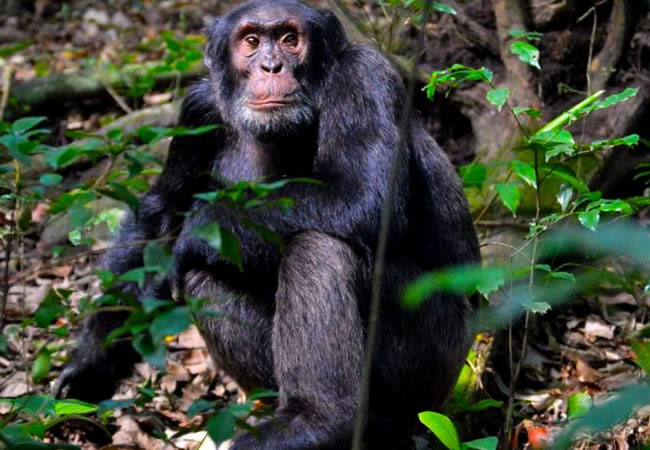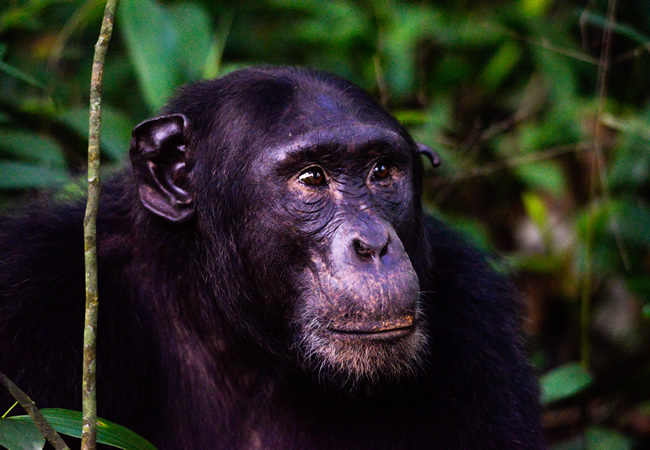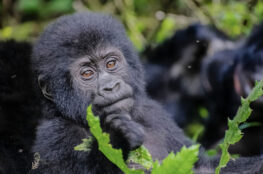Nestled in the heart of Uganda, Kibale National Park stands as a testament to the breathtaking biodiversity of East Africa. This verdant sanctuary boasts a rich tapestry of flora and fauna, with its crowning jewel being the impressive array of primate species that call it home. Let’s embark on a journey to uncover the uniqueness, history, activities, and attractions that make it a must-visit destination for nature lovers and adventure seekers alike.
Uniqueness:
Kibale National Park holds the distinction of being one of the most biodiverse forests in Africa, spanning approximately 795 square kilometres. What sets it apart is its remarkable concentration of primates, with an astounding 13 different species recorded within its boundaries. From the iconic chimpanzees to the elusive L’Hoest’s monkeys and the charming red colobus monkeys, Kibale offers a rare opportunity to observe these magnificent creatures in their natural habitat.
Moreover, the park is renowned for its diverse ecosystem, encompassing moist evergreen rainforests, grasslands, swamps, and crater lakes. This mosaic of habitats provides a haven for a myriad of plant and animal species, making every trek through Kibale a journey of discovery.
History of Kibale National Park
The history of Kibale National Park is deeply intertwined with efforts to conserve its precious wildlife and habitats. Established in 1993, the park was created by merging two separate forest reserves, Kibale and Kasenda, to form a unified protected area. Since then, it has become a beacon of conservation excellence, attracting researchers, conservationists, and tourists from around the globe.
Over the years, Kibale has played a pivotal role in primate research and conservation efforts, particularly regarding chimpanzees. The park is home to several long-term research projects aimed at understanding primate behaviour, ecology, and genetics, contributing valuable insights to the global scientific community.
Activities & Attractions:
Visitors to Kibale National Park are spoiled for choice when it comes to activities and attractions. Here are just a few highlights:
Chimpanzee Tracking: Embark on an unforgettable journey into the forest to track wild chimpanzees in their natural habitat. Led by experienced guides, this immersive experience offers a rare glimpse into the daily lives of our closest relatives.

Chimpanzee Habituation Experience (CHEX): Dive deeper into the fascinating world of chimpanzees with the Chimpanzee Habituation Experience (CHEX), a unique and immersive opportunity offered in Kibale National Park.
Unlike traditional chimpanzee tracking, where visitors observe habituated chimpanzee groups for an hour, CHEX allows participants to spend an extended period in the presence of wild chimpanzees as they undergo the habituation process.
This experience lasts for 6 hours in the forest and 4 hours in the presence of the chimpanzee family. Throughout the experience, guides and researchers provide invaluable insights into chimpanzee behaviour, ecology, and conservation, fostering a deeper appreciation for these remarkable creatures and the challenges they face in the wild.
Bird Watching: With over 375 species of birds recorded, Kibale is a paradise for bird enthusiasts. From colourful turacos and hornbills to rare forest-dwelling species, the park offers endless opportunities for avian delights. Some of the notable birds in Kibale forest are Green-breasted Pitta, African Grey Parrot, Great Blue Turaco, Yellow-spotted Barbet, White-thighed Hornbill, Black-and-white Casqued Hornbill, Yellow-billed Barbet, Grey-winged Robin and more.
Nature Walks: Immerse yourself in the sights and sounds of the forest on guided nature walks, where knowledgeable guides reveal the secrets of Kibale’s flora and fauna, from towering trees to tiny insects.
Cultural Encounters: Discover the traditions and way of life of the local communities surrounding Kibale National Park through cultural encounters and village visits. One notable community to explore is the Isunga Cultural Community, where visitors can engage with community members, learn about traditional crafts, music, dance, and folklore, learn traditional cooking, and then explore crater lakes, homemade coffee tours and more.
In conclusion, Kibale National Park stands as a sanctuary of natural wonder, where the ancient rhythms of the forest intertwine with the modern imperatives of conservation and ecotourism. Whether you are trekking through the canopy in search of chimpanzees or marvelling at the kaleidoscope of life around a tranquil crater lake, Kibale offers an experience that resonates long after you have left its leafy embrace. Come, lose yourself in the magic of Kibale, and discover a world where every moment is a celebration of life in all its vibrant splendour.


